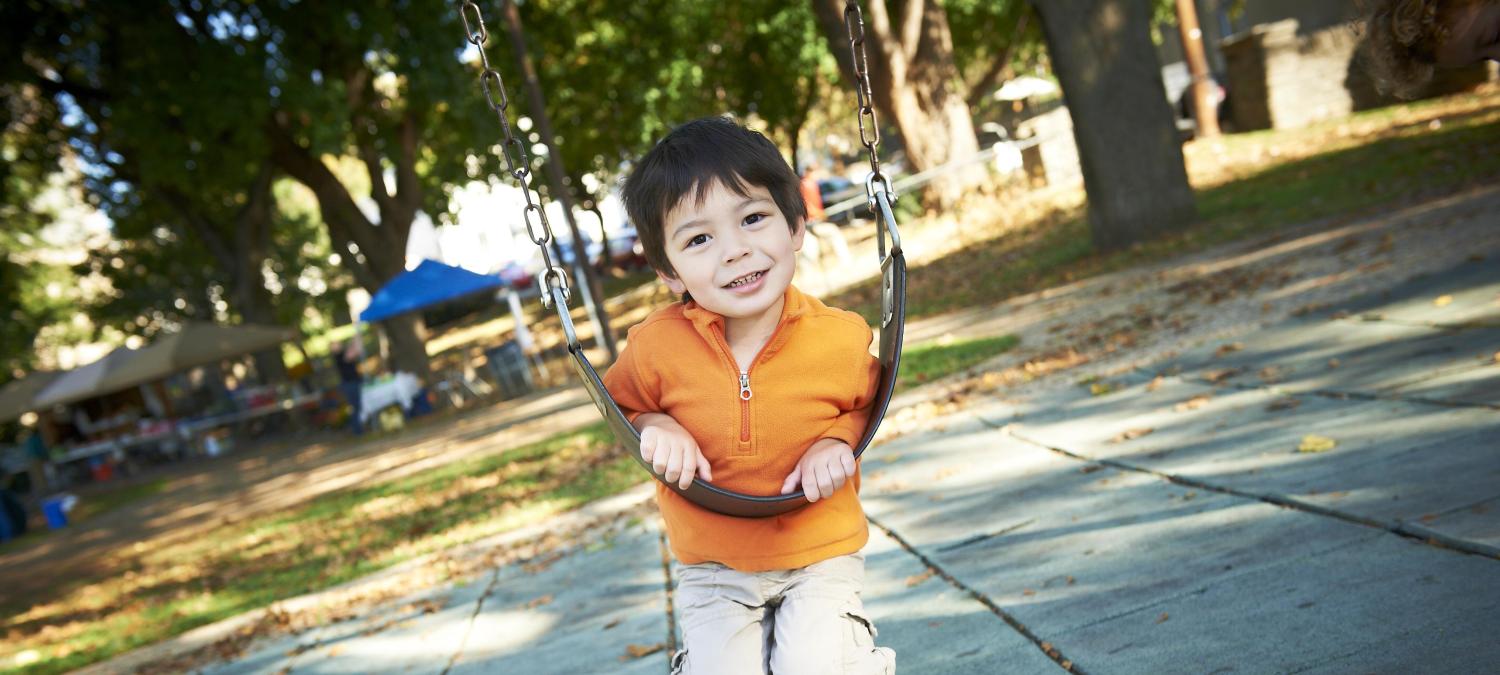

Publications
Search Tips
- Jun 2022
Vegetation may influence asthma exacerbation through effects on aeroallergens, localized climates, air pollution, or children's behaviors and stress levels. We investigated the association between residential vegetation and asthma exacerbation by conducting a matched case-control study…
- Mar 2022
Chronic parental stress may negatively impact health among both parents and children. Adverse neighborhood social conditions like crime may increase stress while a supportive neighborhood may buffer stress and promote well-being. Our objective was to examine associations between…
- Nov 2021
BACKGROUND: Respiratory viruses, air pollutants, and aeroallergens are all implicated in worsening pediatric asthma symptoms, but their relative contributions to asthma exacerbations are poorly understood. A significant decrease in asthma exacerbations has been observed during the…
- Nov 2021
Asthma is the most common chronic condition among children, with low-income families living in urban areas experiencing significantly higher rates. Evidence based interventions for asthma are routinely implemented in either the home, school, or primary care setting. However, even when…
- Oct 2021
IMPORTANCE: Sweetened beverage taxes are one policy approach to reduce intake of added sugars. Soda is the leading source of added sugars in the US diet, but few studies have examined how such taxes influence sweetened beverage intake in youth. OBJECTIVE: To estimate the…
- Oct 2021
OBJECTIVES: To develop and test the feasibility of a caregiver self-administered social needs screener, a Web-based searchable community resource map, and a process map for implementation of these tools as part of social needs screening and referral on a pediatric inpatient unit…
- Oct 2021
Positive neighborhood environments may promote healthier behaviors, yet few studies have examined associations between neighborhood social environment and diet. We examined associations of neighborhood perceived safety, collective efficacy, and violent crime with dietary intake among…
- Sep 2021
IMPORTANCE: Many children and adolescents in the United States are exposed to neighborhood gun violence. Associations between violence exposure and children’s short-term mental health are not well understood. OBJECTIVE: To examine the association between neighborhood gun violence and…
- Sep 2021
Pediatric health systems are increasingly screening caregivers for unmet social needs. However, it remains unclear how best to connect families with unmet needs to available and appropriate community resources. We aimed to explore caregivers' perceived barriers to and facilitators of…
- Sep 2021
The effects of poverty on child health have been exacerbated by the COVID-19 pandemic and concurrent economic recession, magnifying the urgency for pediatric healthcare institutions to effectively address patients’ unmet social needs. Simultaneously, there is increasing policy and…